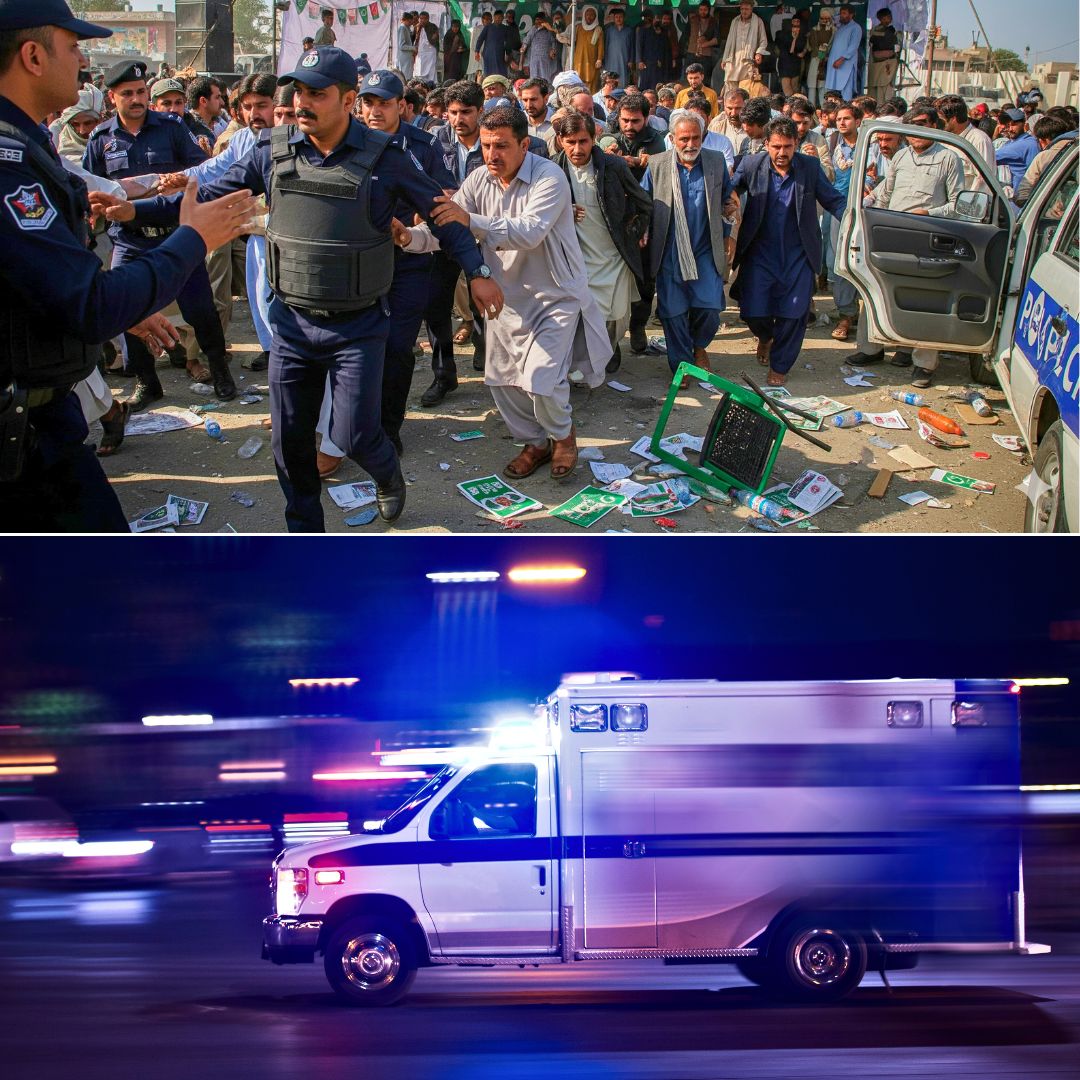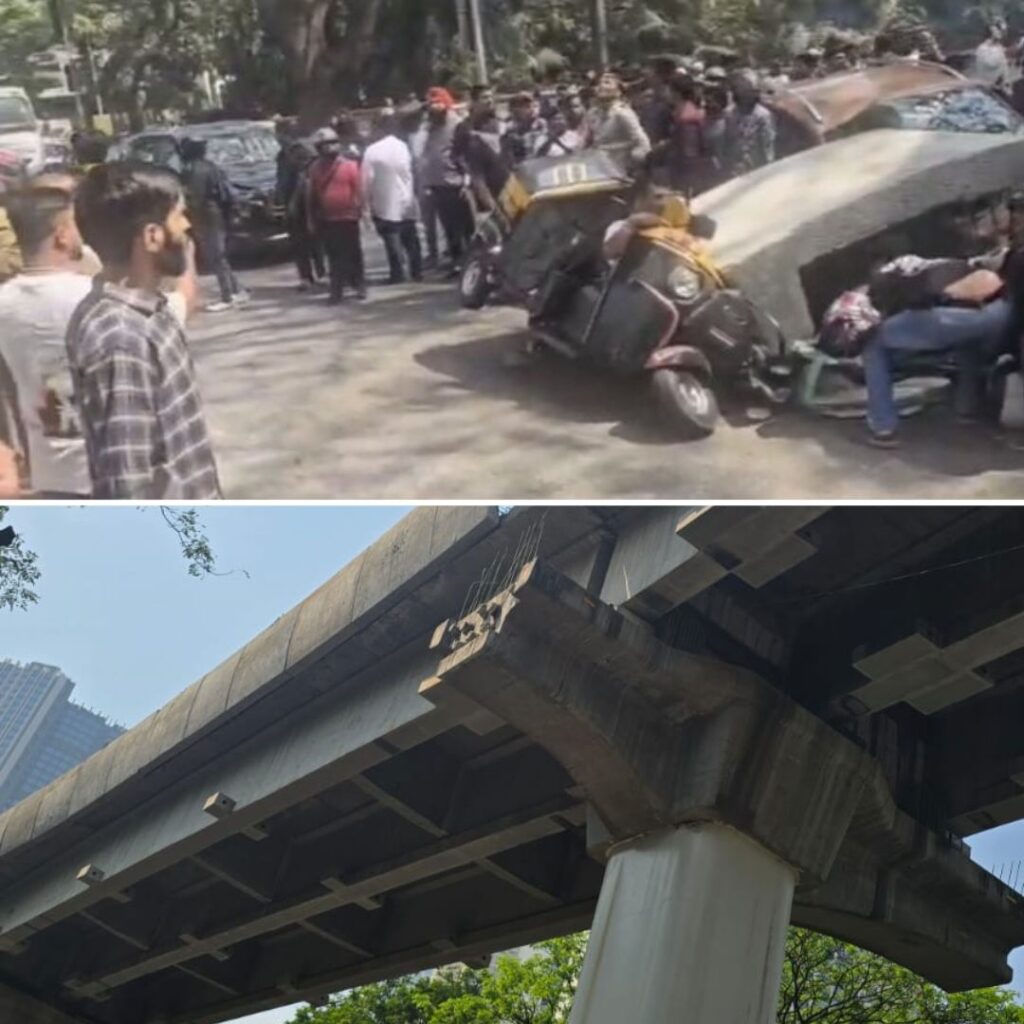At least 25 people were killed and dozens injured in three brutal attacks across Pakistan on Tuesday, including a suicide bombing that killed 14 at a political rally in Quetta, the capital of Balochistan province. The attacks also claimed five paramilitary personnel’s lives near the Iran border in Balochistan and six soldiers in a prolonged militant assault on a paramilitary base in Khyber Pakhtunkhwa.
Authorities have launched investigations, and emergency services continue to treat the wounded amid heightened security concerns.
Suicide Attack Shakes Political Gathering in Quetta
The deadliest blast struck during a rally held by the Balochistan National Party (BNP) in remembrance of the late nationalist leader Sardar Ataullah Mengal. The explosion occurred in the stadium parking lot as hundreds of party members were dispersing following the event.
BNP chief Akhtar Mengal, who had just finished speaking, was unharmed and confirmed his safety on social media. The attack killed 14 attendees and injured dozens more, with at least seven in critical condition. Officials described the attack as a suicide bombing and condemned it as a “cowardly act” by enemies of peace.
Violence Extends to Border and Military Targets
In another incident within Balochistan near the Iran border, five paramilitary personnel were killed when a homemade bomb exploded as their convoy passed through a district. Meanwhile, in Khyber Pakhtunkhwa’s city of Bannu, six soldiers lost their lives after a suicide bomber rammed an explosives-laden vehicle into a paramilitary camp gate, followed by a 12-hour gun battle.
The militant group Ittehad-ul-Mujahideen Pakistan claimed responsibility for the assault. These coordinated attacks underline the persistent threat from insurgent and extremist groups operating in Pakistan’s western provinces.
Balochistan’s Struggle with Insurgency and Development
Balochistan, despite its huge natural resource wealth, remains Pakistan’s most impoverished and underdeveloped region, regularly ranking low in human development indices. The BNP advocates for the rights and economic welfare of the Baloch ethnic community, focusing on control over the province’s resources and greater local investment.
Chinese infrastructure projects linked to the Belt and Road Initiative have been met with mixed reactions, as many locals believe the benefits have largely bypassed indigenous populations. Since 2014, clashes between Pakistani forces and armed Baloch insurgents have claimed hundreds of lives annually, with a spike in violence recorded in 2024.
The Logical Indian’s Perspective
These attacks highlight the devastating human cost of unresolved political and ethnic grievances, compounded by regional instability and extremist agendas. Our hope lies in fostering peace, mutual respect, and dialogue that address the root causes of conflict, not just symptoms.
The Logical Indian urges stakeholders to promote harmony, empathy, and inclusive development while rejecting violence as a means to any end.













